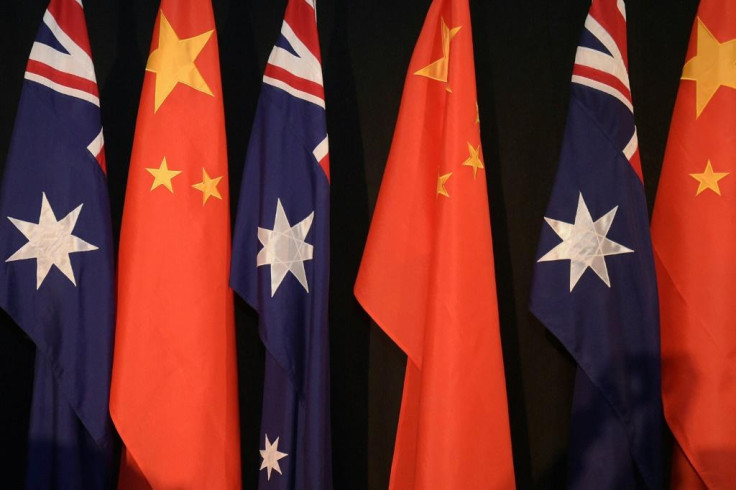Australia And China Must Collaborate On Economic Stability And Growth, Says Treasurer Chalmers

Australia and China have to continue collaborating in the face of environmental, technological, and geopolitical transformation so that the next generation can lead a prosperous life, Treasurer Jim Chalmers said, as he addressed the fourth Australia-China Strategic Economic Dialogue, which took place after a seven-year hiatus.
"It's only by working together that we will successfully manage all this churn and change in a way that sets up another generation of prosperity for our people," Chalmers said.
"As our largest trading partner, we have a deep interest in China's continued and stable economic growth and a deep interest in finding ways to continue cooperating where we can."
Chalmers, who was the first Australian treasurer to visit Beijing in seven years, said the two countries will cooperate on investment, trade and decarbonization, Reuters reported.
China is the biggest buyer for iron ore and coal -- Australia's two most lucrative exports.
"Our resilience and prosperity are closely connected to China's economy and the global economy," Chalmers wrote in an Australian newspaper on Friday, reported Associated Press.
Chalmers also discussed the stimulus packages announced by China recently with Zheng Shanjie, chairman of the National Development and Reform Commission (NDRC), the country's state planning agency.
The package included lowering mortgage rates, as the country struggled with a real estate crisis, and a Cadillac of funds to support the stock market. Before the Economic Dialogue, Chinese leaders including President Xi Jinping urged more fiscal spending and steps to revive the ongoing property crisis.
"We are very pleased to see the Chinese authorities announce or signal the sorts of steps that we have been hearing about this week publicly and also in our private discussions with our counterparts," Chalmers told a news conference in Beijing.
The two leaders discussed the growth prospects of both the countries and committed to formulate an efficient investment framework, according to an NDRC statement.
"I look forward to hearing more about efforts to boost growth in the Chinese economy. Australia recognizes that a big part of seizing opportunities in the defining decade ahead is about collaborating with our partners, including China," Chalmers said.
In 2020, China had placed trade bans on Australia after Canberra asked for a detailed probe into the origin of Covid virus, centered around Wuhan.
The ban on several commodities included coal, costing Australian exporters more than AU$20 billion annually. However, as the relations thawed between the countries, bi-lateral trade generated a record AU$327 billion last year, which amounted to more than double the value of the free trade deal struck in 2015.
Apart from trade, Chalmers raised the issue of Beijing's growing military power in the Asia-Pacific region.
"I was able to reiterate in the meetings yesterday afternoon our expectations of safe and professional conduct of all militaries operating in our region," Chalmers said. "But as you would expect, the overwhelming focus of our discussions here have been the economy."
© Copyright 2025 IBTimes AU. All rights reserved.





















